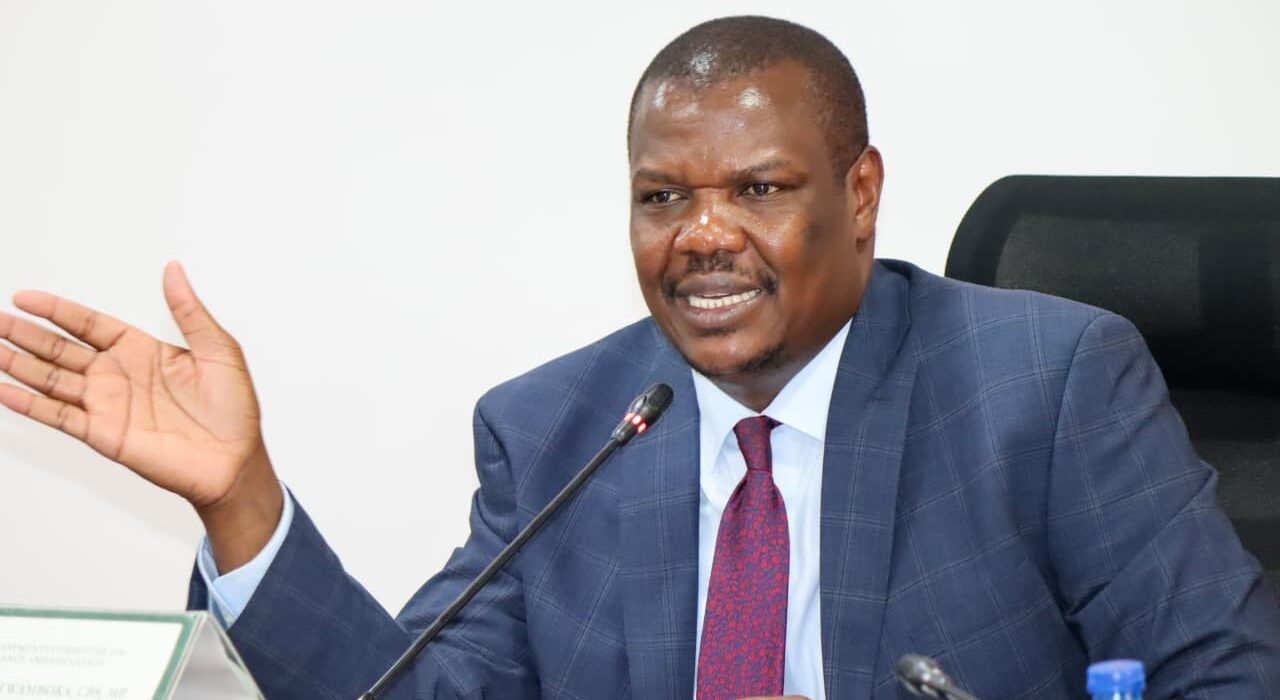The Public Investments Committee on Governance and Education has issued a firm directive to public institutions that attendance at audit review sessions is mandatory, reinforcing Parliament’s oversight mandate over financial management and governance in Kenya’s education sector. The directive came during a review session chaired by Hon. Wanami Wamboka (Bumula), with members stressing that leadership must personally appear when summoned, and former officials must attend where specifically required.
The Committee was reviewing audit queries raised by the Auditor-General and guiding institutions to account fully for public funds while presenting clear, actionable, and time-bound remedial plans. Several institutions were instructed to reschedule appearances to ensure that senior personnel and relevant documentation were available.
Among the institutions directed to comply, Jaramogi Oginga Odinga University and Jeremiah Nyagah National Polytechnic were scheduled to appear on December 3, 2025. The Polytechnic was specifically asked to bring the former principal due to the short tenure of the current head, highlighting the Committee’s insistence on continuity and accountability. Kenya Utalii College was also instructed to present its senior leadership on the same date to answer audit-related queries.
The Committee scrutinized Eldoret National Polytechnic over a stalled library project, noting that the contractor had been terminated after funds failed to materialize. MPs pressed management to stop relying solely on government capitation grants and instead mobilize alternative revenue sources. In particular, lawmakers urged the institution to leverage its 104-acre campus for revenue generation and to submit a concrete plan on how this would be achieved.
The engagement with the School Equipment Production Unit was postponed after officials attended without essential personnel, reinforcing the Committee’s insistence that institutions must come fully prepared. The move sends a signal to other entities that partial or incomplete attendance will not be tolerated.
The University of Nairobi Enterprises and Services also faced questioning over procurement irregularities. The audit revealed that seven officers, instead of the required five, were appointed to a tender panel, resulting in a contract being awarded to an unqualified bidder. Members reminded management that compliance with legal frameworks is paramount and that public funds must be deployed with a focus on value, not just the lowest bid.
Tambach Teachers Training College came under particular scrutiny for persistent governance challenges, including a three-year adverse audit opinion and an ethnic imbalance among staff that lawmakers deemed unacceptable. Hon. Wamboka recommended that the case be referred to the Head of Public Service for further action, signaling heightened parliamentary concern over chronic mismanagement in certain institutions.
During the session, the Committee chair underscored that parliamentary oversight is not a performative exercise but a critical mechanism for protecting public resources. “It is a mechanism to protect public resources, to demand accountability and to ensure those who manage public institutions answer for lapses. Institutions must comply when summoned. Where misconduct or fraud is established, the law will take its course,” Hon. Wamboka said.
The Committee’s interventions highlight ongoing challenges in the governance of Kenya’s higher education and technical institutions. Many institutions have faced repeated audit queries relating to financial management, stalled infrastructure projects, irregular procurement practices, and systemic staff governance issues. By insisting on the presence of leadership, the Committee aims to ensure that responsibility is clearly attributed, corrective actions are timely, and accountability is enforceable under the law.
Lawmakers noted that delays in audit responses and non-appearance of institutional leaders can compromise the integrity of public funds and undermine confidence in Kenya’s public sector. Parliament’s approach seeks to establish a culture where audit recommendations are taken seriously, corrective actions are implemented promptly, and public servants are held responsible for lapses in management or governance.
The Committee also stressed the need for institutions to present detailed, actionable plans to address audit observations. These include project completion schedules, revenue mobilisation strategies, procurement compliance measures, and workforce governance reforms. Such measures are intended to enhance the financial discipline and operational efficiency of public educational institutions while safeguarding taxpayer resources.
Observers say the Committee’s firm stance is a signal to other public entities that non-compliance with parliamentary oversight and audit processes will not be tolerated. It also underscores the growing focus on accountability and transparency in public finances, particularly in sectors handling large allocations for education, technical training, and research.
The actions of the Public Investments Committee on Governance and Education serve as a reminder that audit oversight is central to ensuring value for money in the public sector. By mandating leadership attendance and pursuing compliance, Parliament is seeking to create an environment where public institutions operate efficiently, responsibly, and in line with statutory obligations.





